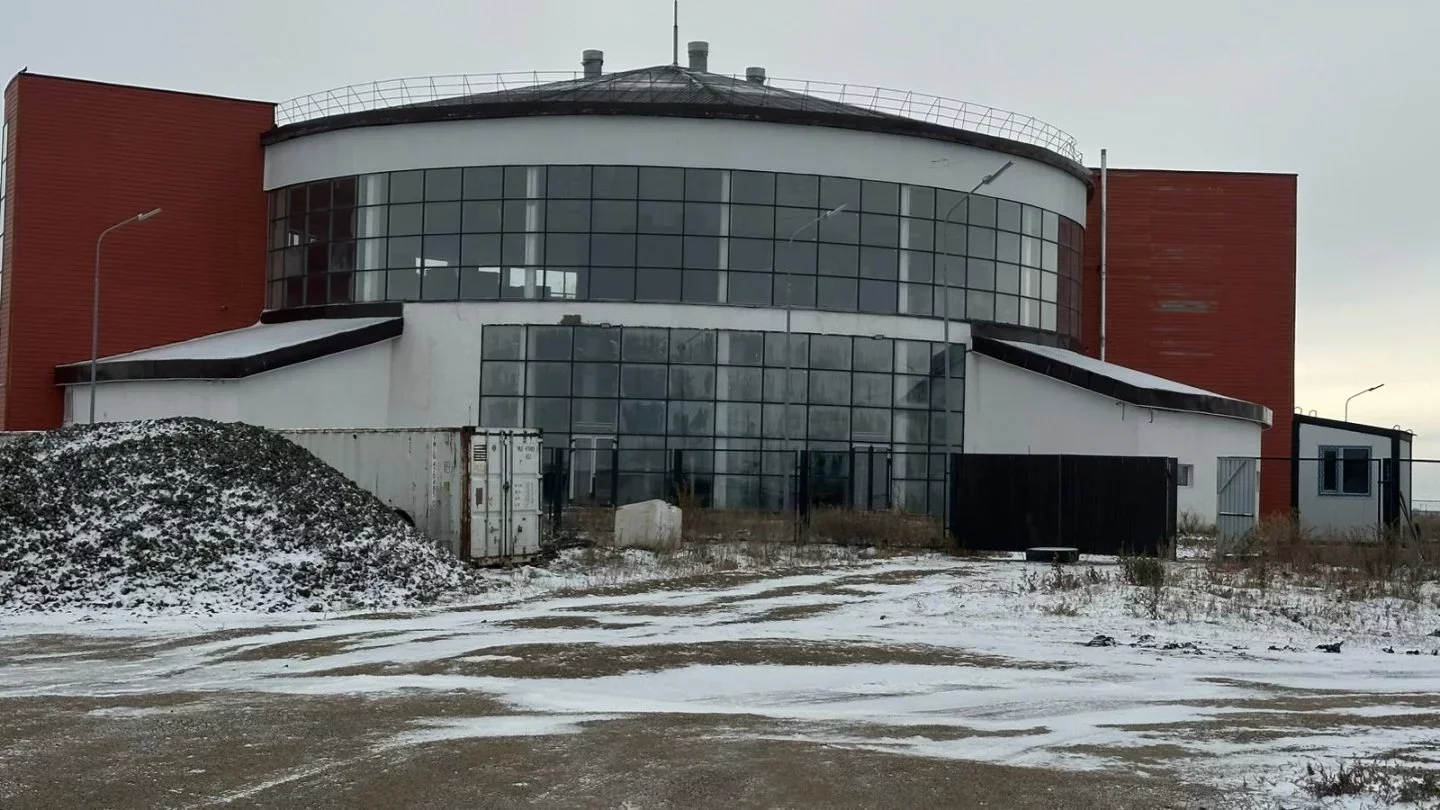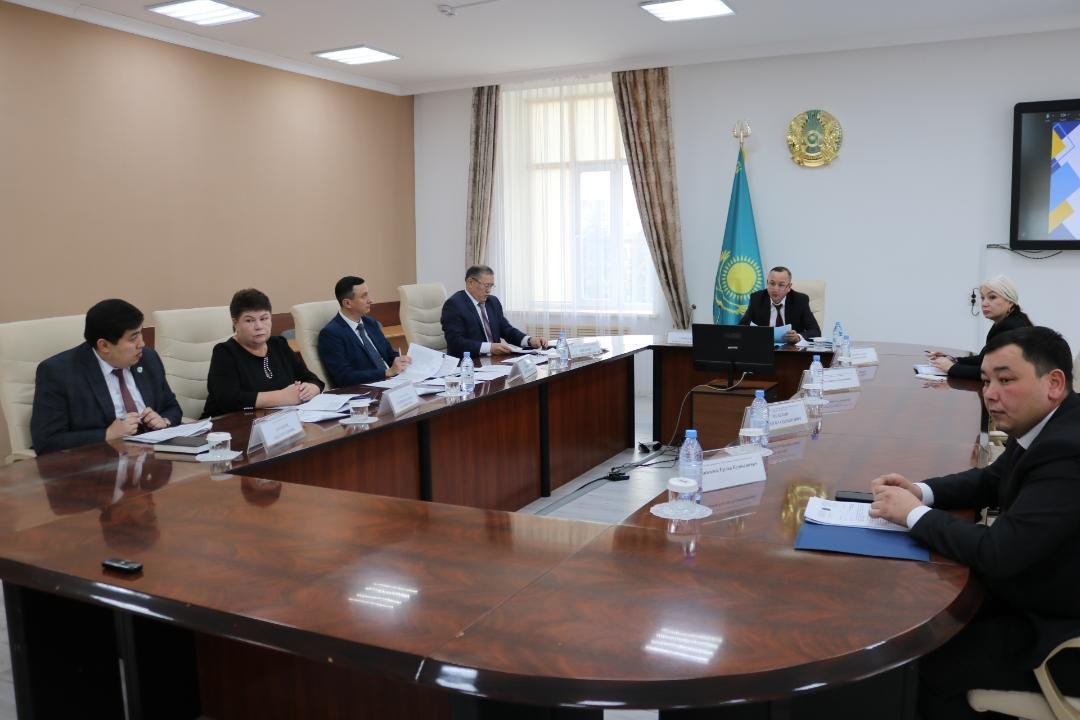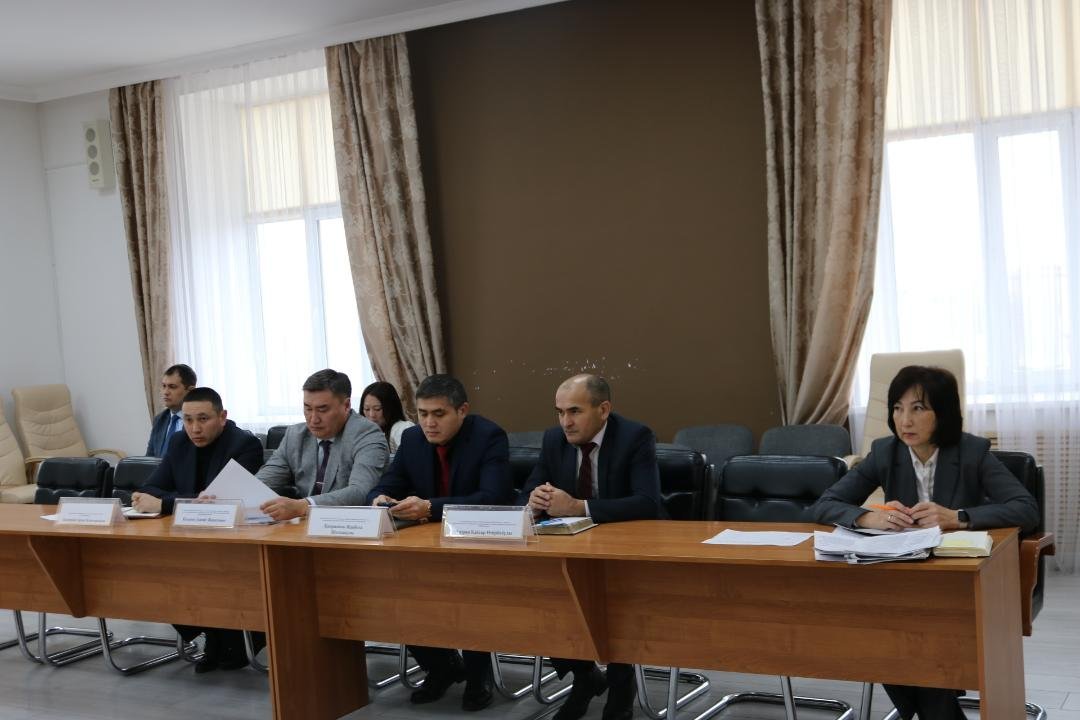How a “Unique” Project and 3.3 Billion Tenge Vanished in North Kazakhstan Region
 Photo: Orda.kz
Photo: Orda.kz
In Kazakhstan, failed infrastructure projects rarely make headlines—until audits expose them. That’s what happened in the North Kazakhstan Region, where regional auditors reviewed unfinished state projects that, for various reasons, were never transferred to municipal ownership.
Among them was one of the most ambitious efforts in the local utilities sector: the construction of a closed-type sewage treatment facility in Novoishim, a village in the Gabit Musrepov District. The project, worth 3.3 billion tenge, was supposed to become a pilot model for the region. Instead, it stalled at 95 percent completion and never opened. An Orda.kz correspondent looked into what went wrong.
In May 2018, the regional Housing and Utilities Department signed a contract with Caspian Contractors Trust LLP to build new sewage networks and treatment facilities for 3.3 billion tenge, with a one-year completion deadline.
The project was considered a pilot initiative: wastewater would go through several treatment stages — from mechanical filtration to ultraviolet disinfection—inside a fully enclosed building to prevent freezing in winter and create optimal conditions for water-purifying bacteria. Its main selling points were no odor, no noise, and minimal land use.
The project was included in a regional environmental roadmap through 2025. Yet, despite being 95 percent complete, the plant never began operation.
The audit revealed that 18 additional agreements had been signed during construction, altering deadlines and payment schedules. No completion certificates were issued between 2021 and 2024.
A project initially meant to take 21 months ultimately stretched to 74.
Auditors uncovered serious violations in procurement, construction, and budget spending. The project was approved without a feasibility study, and an oversized, urban-level design — intended for cities with populations of 1.2 to 8 million — was chosen for Novoishim, a village of just 12,000 residents, half of whom use independent septic systems.
Because of mismanagement and lack of oversight, the regional budget wasted more than 3.3 billion tenge.
Officials also failed to recover 164 million tenge in bank guarantees, and a premature lawsuit against the contractor was dismissed.
The project was initially designed for 6,000 cubic meters per day. In 2020, that capacity was halved to 3,000 cubic meters, but the overall cost remained unchanged. And in September 2024, the contractor continued work without authorization from the State Construction Supervision Authority,a presenter said.


An expert review later found that several installation works had not been completed and that reported volumes did not match actual progress.
As a result of implementing a project that failed to meet the village’s socio-economic needs, the budget suffered major losses—and the expected results were never achieved, said Marat Yebzhanov, a member of the audit commission.
At a meeting of the audit commission, local officials attempted to justify the delays, blaming the pandemic among other factors.
They are now suing the contractor, seeking to recover about 5 percent of the remaining costs (153 million tenge) and to compel the project’s designer to make technical revisions.
The facility itself is technically complex and large. The project was revised, and some equipment essential for the plant’s operation was not included. Because of that, we plan to conduct a forensic assessment of the entire facility and adjust the project to include the missing equipment. In addition, the design does not provide for a laboratory, which is mandatory since this is a wastewater treatment plant and regular testing is required, said Yerlan Amanzholov, Deputy Akim of the Gabit Musrepov District.
According to officials, the project may only be completed by early 2027, and will likely require additional funding.
Members of the audit committee asked what the tariffs for residents would be once the facility is finally operational.
We estimated that about 300 million tenge per year would be spent on electricity alone. But we also have to pay salaries and cover other expenses. Without government subsidies, the cost of services for residents will be extremely high, the deputy akim said.
In the seven years since the project began, four district akims have overseen it — Bulat Zhumabekov, Agzam Tastemirov, Serik Mukhamediyev, and Ruslan Anbayev.
Yet none managed to complete this expensive but vital project for the people of Novoishim.
Original Author: Kristina Yusicheva
Latest news
- The Delivery of 51 Stadler Passenger Coaches Has Been Delayed
- Kazakhstan Returns Nearly 1,000 Citizens From the Middle East
- Damaged Baikonur Launch Pad Facility Restored After 2025 Collapse
- A Rare Black Melanist Wolf Was Shot in Eastern Kazakhstan
- Kazakhstan Maintains Neutral Stance on Middle East Escalation
- Kazakh MFA: Citizens Evacuated from the Middle East via Oman and Saudi Arabia
- Kazakhstan to Spend 4.6 Trillion Tenge on Road Projects Through 2029
- Central Asia Competes for the Skies: Why Kazakhstan Risks Falling Behind Uzbekistan on Jet Fuel
- The War in Iran Opens a Window of Opportunity for Kazakhstan’s Oil Sector, Analysts Say
- Iran Conflict Escalates Beyond the Gulf: What Kazakh Experts Say About Risks for Central Asia and Kazakhstan
- Kazakhstan Prepares Possible Evacuation of Its Citizens From Iran
- LRT in Astana Is Reaching the Finish Line: The Launch Is Expected in the Coming Months
- Kazakhstan Ready to Help the UAE Amid Escalation in the Region
- Tokayev Discusses Middle East Escalation With Qatar’s Emir
- Airlines Ready to Bring Kazakhstanis Home From the Middle East
- Tokayev Sends Support Messages to Gulf Leaders Amid Regional Escalation
- Kazakhstan Bans Its Airlines From Flying Over Several Middle East Countries
- Astana Strengthens Security Measures Amid Escalation Around Iran
- Tokayev Meets U.S. Ambassador Stufft, Discusses Board of Peace Cooperation
- Mangystau Launches AI-Assisted School Monitoring to Prevent Teen Suicidal Behavior

